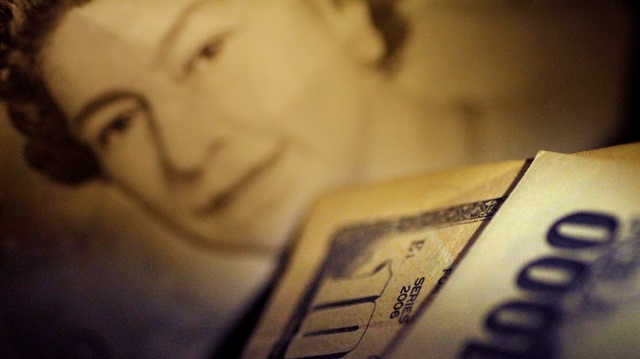
The pound rose after Britain's finance minister said on Monday the European Union was willing to do a Brexit deal, but investors said uncertainty surrounding the ruling Conservative Party conference could quickly reverse the currency's fortunes.
At her party's annual conference this week, Prime Minister Theresa May will defend her plan for leaving the EU where critics like ex-foreign secretary Boris Johnson could openly defy her.
Six months before Britain is due to leave the EU, currency traders are focused on events like the conference and an upcoming EU summit for signs of whether the UK will clinch a deal.
"Deep divisions within the party could turn this conference into a disaster for May, which could easily have negative effects for sterling," said Thu Lan Nguyen, an FX strategist at Commerzbank AG in Frankfurt.
"The government might end up without any Brexit plan whatsoever. Whichever way one looks at it, the next few days will be uncomfortable for sterling."
Finance minister Phillip Hammond told the BBC on Monday, "The mood is undoubtedly that people want to do a deal with the UK."
The pound edged up 0.2 percent versus the dollar to $1.3050 and to 88.82 pence against the euro.
Sterling came under pressure last week as optimism for a Brexit trade deal faded and the dollar surged.
Other analysts said investors would refrain from trading on negative Brexit headlines that did not alter the odds of a no- deal Brexit.
"We would see any dips in the pound in and around the Tory Conference as an opportunity to buy the currency – with a deal on the Irish border backstop to see a sharp re-pricing to $1.36-1.38, " said ING currency strategist Viraj Patel.
Hammond said on Monday that doubts about Britain's future had already hit the economy and the next few weeks would be crucial in securing an exit agreement.
"Many businesses are sitting on their hands, frankly, waiting to see what the outcome of this negotiation is before confirming their investment plans," he said.
Businesses have expressed frustration over the government's lack of clarity on Brexit and what some see as a decision to put ideology before the economy.
Last week, Britain's opposition Labour Party sought to woo business bosses, although it also proposed a raft of radical economic policies, saying the Conservatives had given them the opportunity to pitch an alternative leftist strategy .








